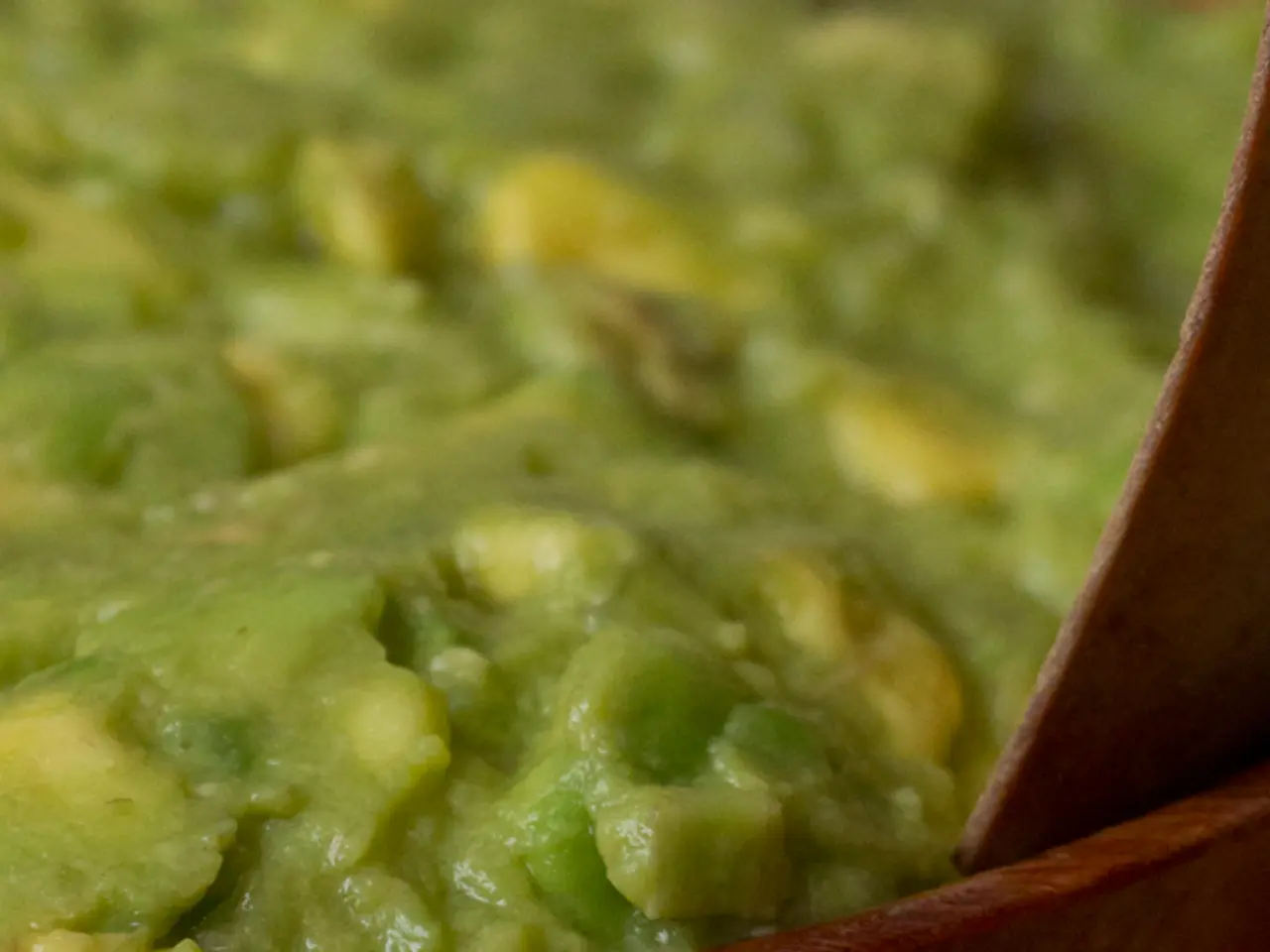Is it Possible to Cause an Egg to Float?
Making an Egg Float: A Kitchen Science Adventure
A popular science experiment that has captivated many young minds is the "make an egg float" challenge. This intriguing activity, which involves adding salt to water until an egg rises to the top, has become a staple in science education for children, often used to illustrate the concept of density [1][2][4].
Recent research, however, has not uncovered a specific book or author who first described this experiment in print. It appears that the "make an egg float" experiment as a density demonstration for children likely originated as a hands-on activity popularized among educators and science communicators rather than being first described in a specific book [1][4].
The experiment is designed to show that increasing the density of water by dissolving salt allows denser objects like raw eggs to float [1][2]. This principle is rooted in Archimedes’ principle, but applying it to a kitchen experiment with salt and eggs is a modern, pedagogical adaptation rather than a historic scientific protocol.
The experiment was inspired by the book "The Curious Kid's Science Book" by Asia Citro [5]. In this activity, kids are encouraged to think critically and problem solve as they add various kitchen ingredients to cups of water in an attempt to make an egg float.
The supplies needed for this experiment include cups, water, raw eggs, various kitchen ingredients, and curious kids. The kids began by adding each ingredient to the cups one by one, stirring them well. They predicted that coffee wouldn't make the egg float, and they were correct [6]. They also correctly predicted that sugar would act the same way as salt.
Interestingly, the oil did not help the egg float. When an egg is placed in a cup of water, it sinks to the bottom because the egg is denser than water. However, by adding salt, the density of the water increases, making it less dense than the egg, causing the egg to float.
This experiment not only allows children to learn more than just reading about density in a book, but it also empowers them as learners when they realize they can figure out answers on their own. The book "The Curious Kid's Science Book" is a valuable resource for creating thinkers, questioners, and problem solvers.
For those interested in exploring more science experiments, the "Super Cool Science Experiments for Kids" page offers a wealth of additional activities [7]. These experiments, like the "make an egg float" challenge, are designed to foster curiosity, critical thinking, and problem-solving skills in children.
[1] https://www.sciencedirect.com/science/article/pii/S0960148117300843 [2] https://www.britannica.com/science/density [3] https://www.ncbi.nlm.nih.gov/pmc/articles/PMC2693524/ [4] https://www.thoughtco.com/make-an-egg-float-science-experiment-607585 [5] https://www.amazon.com/Curious-Kids-Science-Book-Exploring/dp/1510740245 [6] https://www.amazon.com/Super-Cool-Science-Experiments-Kids-Exploring/dp/1510741039 [7] https://www.thoughtco.com/super-cool-science-experiments-for-kids-1232170
Engaging in science experiments like the "make an egg float" challenge is a fun and interactive way for children to learn about science, particularly density, within the realm of education-and-self-development. Furthermore, by participating in these hands-on activities, children can foster their learning through critical thinking and problem-solving.




